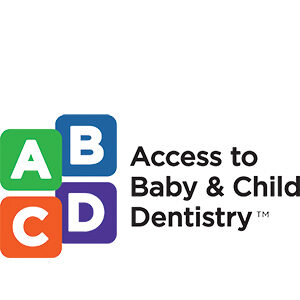Early Support for Infants and Toddlers (ESIT)
Program Overview
The Early Support for Infants and Toddlers (ESIT) program at Spokane Regional Health District (SRHD) provides services and support for families of infants and toddlers from birth to age 3 who have developmental delays or health concerns that may cause developmental delay. Through ESIT, participating families receive information and early support services from five local providers, and help setting up those services.
The ESIT program is part of a statewide system of early intervention offered by the Washington State Department of Children, Youth, and Families (DCYF).
Questions About Your Child’s Development?
If you are wondering about your child's development, see the Milestone Checklist to learn about common skills and milestones and when children typically reach them.
About one in eight infants and toddlers experience a developmental challenge. If you have concerns about a child in your life, please contact the ESIT program. The ESIT referral coordinator will be happy to talk with you and connect you to services with an ESIT community provider.
As a parent, you are the most important person in your child’s life. You know your child best. If you are concerned about your child’s development or have questions, please call ESIT at 509.324.1651.
Milestones Checklist


Women, Infants & Children (WIC) Nutrition Program
WIC has an extraordinary record of preventing children’s health problems and improving growth and development. Locally, the health district supports this vision by offering WIC services in several convenient locations.

Access to Baby & Child Dentistry Program
Matches Medicaid-eligible children, ages 0-6, to a dentist for fluoride, exams, parent education and restorative care.

